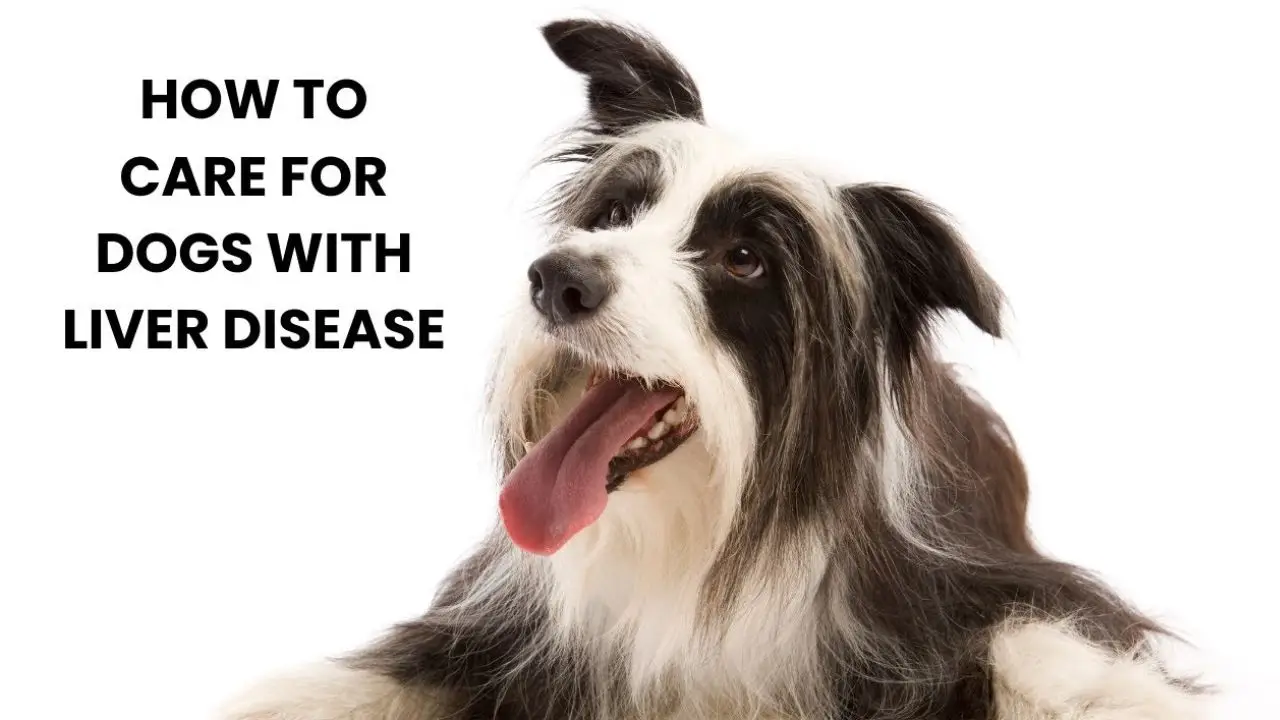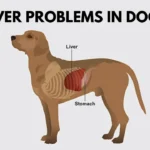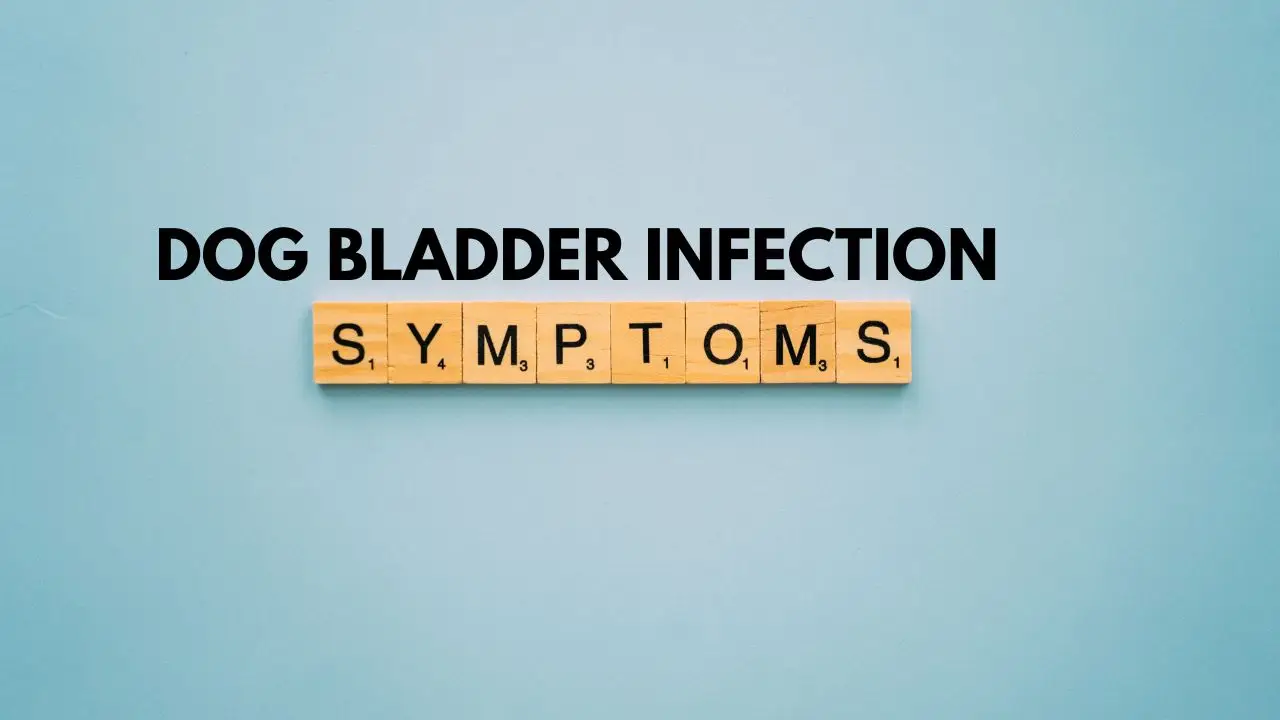Canine Liver Health Essentials Every Dog Owner Needs To Know When Tails Stop Wagging Having a dog is to share unconditional love and other cute activities that are pleasing but there is also need to be careful about their health. Liver function is one of the most important — yet least talked about — aspects of canine health. Liver is one of the most important organs which serves several functions. Causes that can impact the overall well-being of your furry friend when something goes wrong. In order to help you keep your four-legged family member happy and healthy, this guide will cover the signs that your pooch has liver problems as well as possible causes, prevention tips, and treatment options.
Read More. Autism Test for Adults
Why is Canine Liver so Important

It is one of the most important organs in a dog’s body. The liver does more than over 500 essential functions, including detoxifying and digesting, and producing key proteins that are required for blood clotting. Due to its multifunctionality, the liver gets easily strained or injured leading to multiple hepatic problems.
As a dog owner, it is imperative to know the functions of the liver. With a healthy liver, your pet would be as full of energy and not prone to these diseases. Knowing the symptoms allows for early detection of possible liver issues, and this leads to a better prognosis.
General Symptoms of Liver Issue in Dogs
There are liver problems for dogs that can end up sick, but early detection and treatment can really make a difference in your dog’s quality of life. The liver is a critical organ that detoxifies blood, produces essential proteins and helps with digestion. And, of course, what every dog owner should know about the symptoms of liver failure when it malfunctions.
Liver Related Symptoms That You Should Not Ignore
Jaundice (Yellow Eyes and Gums)
Liver dysfunction has one of the most characteristic symptoms, jaundice. It happens when bilirubin, a yellow pigment that results from the normal breakdown of red blood cells, builds up in the body. Bilirubin is processed via the liver and when it cannot be, pigments build-up which gives a yellow colour in places such as the eye, gums and sometimes skin.
Loss of appetite and losing weight
A dog with a liver problem may be less inclined to eat, and this would result in weight loss. This occurs because liver disease often leads to nausea or discomfort, which can end up reducing the appetite of a dog. The liver is also a key organ in processing nutrients and this impaired function can worsen weight loss.
Excessive Thirst and Urination
Increased thirst and urination are signs that can be seen in dogs who have a liver problem. Due to the innate regulation and filter functions of the liver, this symptom known as polydipsia and polyuriaμωνشرupyndermis per market segmentation. It can also be a sign of other issues (such as diabetes or kidney problems) that frequently accompany liver disease.
Confusion or Disorientation
If the liver is malfunctioning, there can be a buildup of toxins in the bloodstream which are sent to the brain causing confusion, disorientation or even reactive behavior. This impairment is directly tied to liver failure and effects like hepatic encephalopathy.
Additional Symptoms
Other appetite signs include vomiting, diarrhea, distended belly (fluid build up), and lethargy overall. All of these symptoms stem from the liver being unable to properly metabolize nutrients and regulate processes in the body.
Why Early Detection is Crucial
Early detection of liver issues is necessary for effective treatment. If the cause is treated in time, the liver has an extraordinary capacity to regenerate and heal itself. Intervening early can make a difference in how severe damage is done and the outcome for your dog.
The Role of the Veterinarian
Be sure to contact your veterinarian as soon as possible if you notice these symptoms present in your dog. The vet is going to run some blood tests, ultrasounds or biopsies to see how badly damaged the liver is and what the cause is. Management might include medications and dietary modifications to correct it, or occasionally surgery if indicated.
Reasons for Liver Problems in Dogs
Dog liver problems can be caused by numerous things and all effect the livers ability to function properly. Knowing these reasons can aid in prevention and early intervention so your dog liver is healthy and function great.
Common Causes of Liver Issues
Infections and Toxins
Infections: Liver can be infected by bacteria, virus or fungi which causes inflammation and damage to it. One example is leptospirosis, a bacterial infection that can have a profound effect on liver health. However, this risk can be reduced by regular vaccinations and prompt treatment of infections.
Toxins: Accidental ingestion of liver-affecting toxins such as medications, toxic plants, and household chemicals can occur in dogs. Apocryphal products — things like over-the-counter painkillers, antifreeze, and even some human foods (grapes and onions are generally known to be particularly dangerous) — can be extra harmful. If poisoning does occur, it is important to keep the harmful substances out of your dog, and you should contact your vet immediately before giving any human medicine.
Genetic Predisposition
There are breeds that are genetically prone to liver diseases. Some breeds, like Doberman Pinschers, Cocker Spaniels, and Bedlington Terriers – are more predisposed to conditions like chronic hepatitis or copper storage disease. Hepatic issues can sometimes be detected early in those breeds with known predispositions, making regular liver check-ups with your veterinarian important if you own and care for such a breed.
Obesity and Poor Diet
A fatty liver is also a result of an unbalanced diet or too much fat stored in the space. Obesity tends to lead to a condition called fatty liver disease in which fat builds up in the cells of the liver. Ensuring your dog is provided with a good quality diet, rich in the necessary nutrients as well maintaining a healthy weight through exercise can help reduce the risk of developing liver problems.
Steps to Maintain Liver Health
Frequent Vet Check-ups: Annual check-ups to prevent the disease from developing into anything serious. Blood tests and physical examinations help track liver function and your dog overall health.
Balanced Nutrition: Provide a diet that fulfills the nutritional needs of your dog. Speak with your vet to help choose the appropriate food, while steering clear of anything that is primarily filler or highly artificial.
Weight Maintenance: Proper diet and exercise are key to keeping your dog from becoming overweight. But it also makes humans vulnerable of many deadly diseases along with liver associated disorders due to obesity.
Vaccinations and parasite control: Stay on top of vaccinations and parasite control to prevent your dog from becoming infected by the types of viruses that can affect the liver.
Secure Environment: All chemical, medications and poisonous food should be stored away. Keep your home dog-proof and prevent them from eating something that they should not.
How to Diagnose Liver Disease in Dogs
Knowing about the diagnostic process of liver problems can be significant when it comes to your dogs health. Veterinarians have a number of tools to use in assessing liver health, and early detection and diagnosis are key to effective treatment.
Key Diagnostic Steps
Blood Tests
Liver issues malaise, blood tests are usually a first step in diagnosis. These tests target liver enzymes such as alanine aminotransferase (ALT) and alkaline phosphatase (ALP). Higher levels of these enzymes suggest a stressed or damaged liver. Blood tests may additionally check bilirubin, which can rise if this compound is not being processed properly by the liver. Blood tests may also be performed to assess liver enzymes and other parameters, providing a complete picture of your dog’s condition overall.
Ultrasound
Ultrasound does a visual examination of the liver. The test utilizes sound waves to take pictures of the liver shape and size. It can be used to detect abnormalities like tumours, cysts or liver enlargement. Ultrasound scan is non-invasive and quick – much faster than our MRI solution, whereby valuable physical condition of the liver can be evaluated without discomfort for your pet.
Liver Biopsy
Sometimes this requires a liver biopsy to make a definite diagnosis. In this process, a small piece of tissue is taken from the liver and studied under a microscope. If a liver biopsy is needed, the procedure can check for chronic hepatitis or cancer and also identify other causes of chronic liver disease. Although more invasive than blood tests or ultrasounds, a biopsy is able to give comprehensive information, and can help tailor treatment choices.
How the diagnostic process is understood
Knowing these diagnostic procedure can help pet owners to be ready while going to veterinary clinic. If you know what each individual test is and what it means in terms of how its results relate to your dog’s liver health, it doesn’t have to be a stressful experience, and you’ll never the less be armed with all the knowledge needed so you can make informed decisions for your pet’s care. Takeaway: These tests are meant to be complementary and provide a complete picture of the liver’s status, which enables veterinarians to develop an optimal treatment plan for your dog.
Treatment for Dogs with Liver Disease
If your dog is diagnosed with liver disease, knowing what treatment options are available can make it easier to support their health through informed decision-making. Treatment will vary based on the cause and degree of liver impairment but here are some general treatments your vet may discuss:
Medication
Objective: Medications are prescribed in liver disease to combat infection, decrease inflammation or neutralize toxins contributing to hepatocyte injury.
Types of Medications:
Antibiotics: If the cause of liver problems is a bacterial infection, antibiotics are prescribed. They assist in clearing the infection and preventing additional liver injury.
Anti-inflammatories: These can lessen the amount of inflammation in the liver and strengthen symptoms associated with liver disease.
Liver Support Supplements: Similar to the above, supplements such as s-adenosylmethionine (SAMe) and milk thistle may be prescribed or used for liver function support to assist with detoxification.
Dietary Changes
Objective: A special diet can reduce the burden on the liver, restoring the function of this organ more quickly.
Liver Supportive Activities: These come in the form of diets and largely are low-copper and high in easily digestible carbohydrates & proteins. They may even contain antioxidants and vitamins that benefit liver function.
Commercial (or Homemade): Your veterinarian may recommend commercial therapeutic diets designed for liver support, or they can provide a home-prepared dietto help meet your dog’s in-home nutritional needs.
Surgery
Indication: If liver disease is due to tumors, cysts, or certain congenital abnormalities and cannot be medically managed with other treatments such as diet changes, surgical intervention may be necessary.
Types of Surgery:
Tumor Excision — When a benign or malignant tumor is compromising the liver’s ability to function, ≈ our surgeon may skillfully remove it.
Shunt Correction: Surgery is useful in the cases of congenital portosystemic shunts to redirect blood flow and restore liver function.
Veterinary Support and Regular Check Ups Background
With that said, make sure to follow all recommendations from your veterinarian when trying to manage your dog’s liver disease. Check-ups help the vet keep tabs on your pet’s progress, tweak how treatment is going if needed, and catch anything that needs adjusting before it gets out of hand. Liver function and the effectiveness of treatment are periodically assessed using blood tests and imaging.
Your Guide to Dog Liver Disease Prevention
Preventing liver problems in your dog is the best course of action, as we all know: prevention > treatment. A well-balanced diet with enough nutrients may help keep the liver healthy. Maintain a healthy body weight if possible — regular exercise prevents obesity, reducing the burden on the liver.
Avoiding common environmental toxins, like plants or human medications also important. Frequent veterinary visits help catch even the smallest signs of liver problems in your pooch so that action can be taken as soon as necessary.
How to Maintain Liver Health with Your Diet
However, it is equally necessary to follow a balanced diet because this will help keep your liver healthy too. The liver is essential for detoxification, nutrient metabolism, and overall health. As such, supplying your dog with proper nutrients will undoubtedly improve liver function and protect it from damage.
Essential Nutrients to Support Liver Functions
Omega-3 Fatty Acids
Overview: Omega-3 fatty acids like those in fish oils and flaxseed are anti-inflammatory when it comes to reducing inflammation caused by the liver. They assist liver function as they assist in promoting healthy cell membranes and repairing damage.
Sources: Salmon, sardines, as well as some specially developed supplements can guarantee your pet obtains sufficient Omega-3s.
Antioxidants
Benefits: Antioxidants like Vitamin E, Vitamin C and selenium protect liver cells from oxidative stress and injury. They are likely to be involved in the clearance of free radicals, thus saving the liver from further deterioration.
Sources: Berries, leafy green vegetables and carrots Some dog foods are formulated with antioxidants beneficial for liver function.
The Vitamins and Minerals that you Must Have
Importance: B-complex vitamins and minerals are essential for liver metabolism and detoxification. They help to keep the functioning of liver enzymes and health close.
Ensure comprehensive nutrition with quality vitamins and minerals sources: dog food that includes a balanced range of these essential nutrients
Avoid These Foods to Keep Your Liver Healthy
Fat-containing Foods: Consumption of fatty-acid-rich foods can overstress the liver and cause fatty liver disease. Avoid fatty treats and scraps from the table.
Preservatives and Additives: Processed foods full of artificial preservatives, flavors and colors can demand more from the liver. Choose organic, preservative-free whenever possible.
In these trends, good quality dog food should be chose
Read Labels – Go for dog food with better protein and fewer fillers. Find options that use meat as the first ingredient, and stay away from anything with surplus grains or by-products.
Think About Specialty Formulas: There are liver-supportive diets that have been specially formulated for dogs with liver disease. These diets are usually reduced in protein and/or other nutrients to promote the best liver function.
Consulting a Veterinarian
Dietary needs are unique for every dog, and especially where there are liver issues involved. As always consult your vet for recommendations on the diet tailored to you. They might be able to suggest certain brands or homemade diet recipes suited to your dog’s health needs and guarantee that your four-legged companion gets the best possible nutrition.
Frequently asked questions (FAQs) about liver problems in dogs

What are the symptoms of liver disease in dogs to watch for at an early stage?
Fatigue, lack of appetite, vomiting and jaundice are some early indicators. If you experience any of these symptoms, call a vet as soon as detail the conditions.
Are liver issues in dogs curable?
Some of them could be managed or even cured, while others are only controlled to increase the quality of life. The earlier the intervention, the better.
How often can I have my dog’s liver tested?
Consider yearly visits at a minimum, and more often if your dog is prone to liver disease for routine examinations including liver function testing.
Conclusion
Liver complaints in canine are scary, however know-how is key, and with this in mind, pet proprietors can help their furry friends stay lengthy wholesome lives. However, early identification of symptoms, awareness of possible reasons and timely veterinary care can save the day. Don’t forget about vet visits and keeping your dog healthy with a balanced diet and some exercise. If you would like additional support, our community of panting dog lovers is available to help with your canine health journey.










